Luxury Golf Course Villa
EUR 2,550,000
Loulé, Portugal
Property Type: Villa
Bedrooms: 3
Total Area: 388m²
Portugal boasts an excellent reputation and is considered one of the world’s most globalized and peaceful nations, with a high quality of life and a very high Human Development Index ranking. It is among the oldest nations in Europe with a rich history, lively culture, exceptional cuisine, stunning beaches, and idyllic countryside.
Everything you need to know about acquiring premium real estate in Portugal.
None
Not applicable
Shared ownership
3–5 %
Price

Currency
EURTotal Properties 8

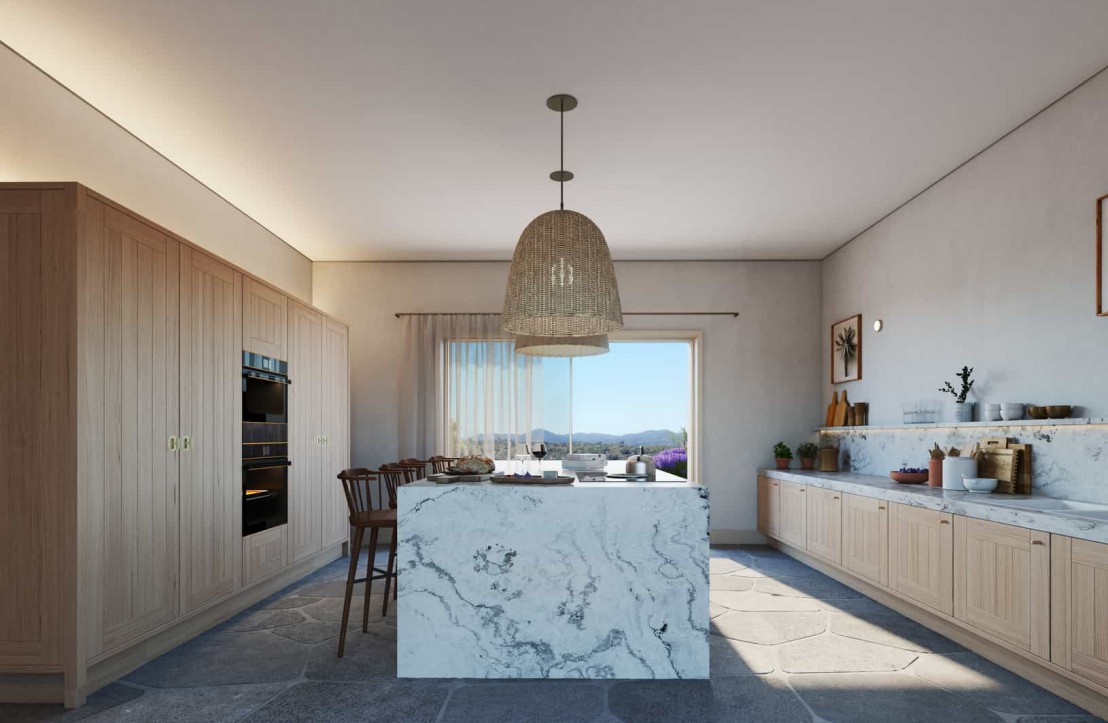
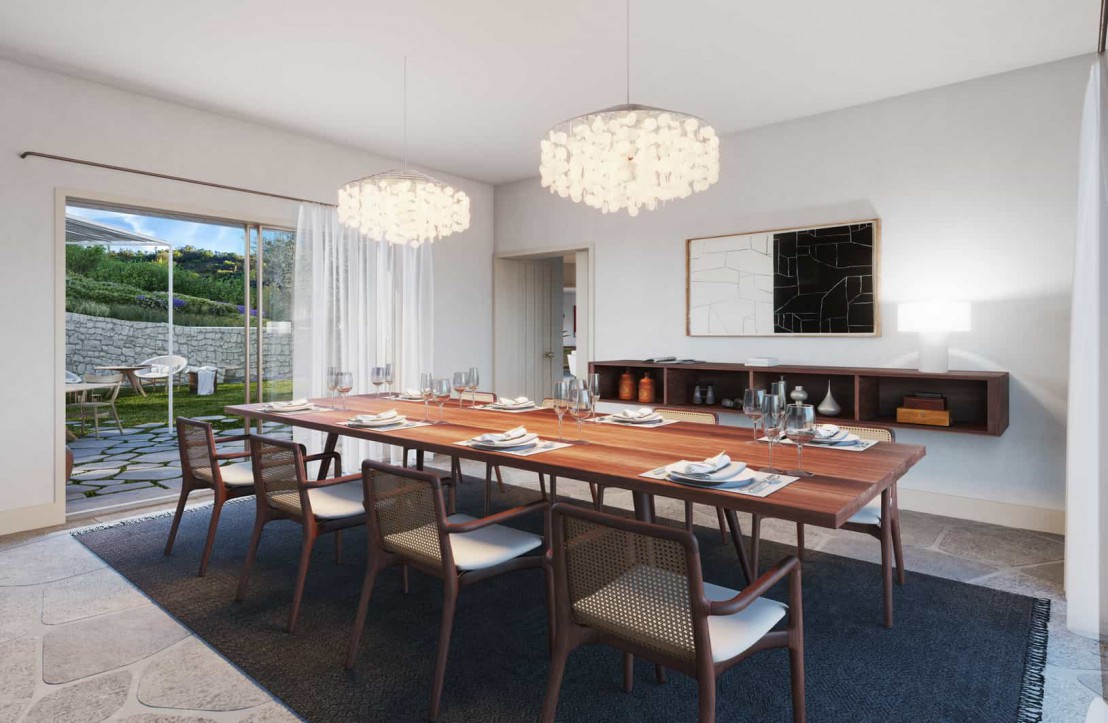








EUR 2,550,000
USD 2,550,600
GBP 2,250,500
Loulé, Portugal
Property Type: Villa
Bedrooms: 3
Total Area: 388m²
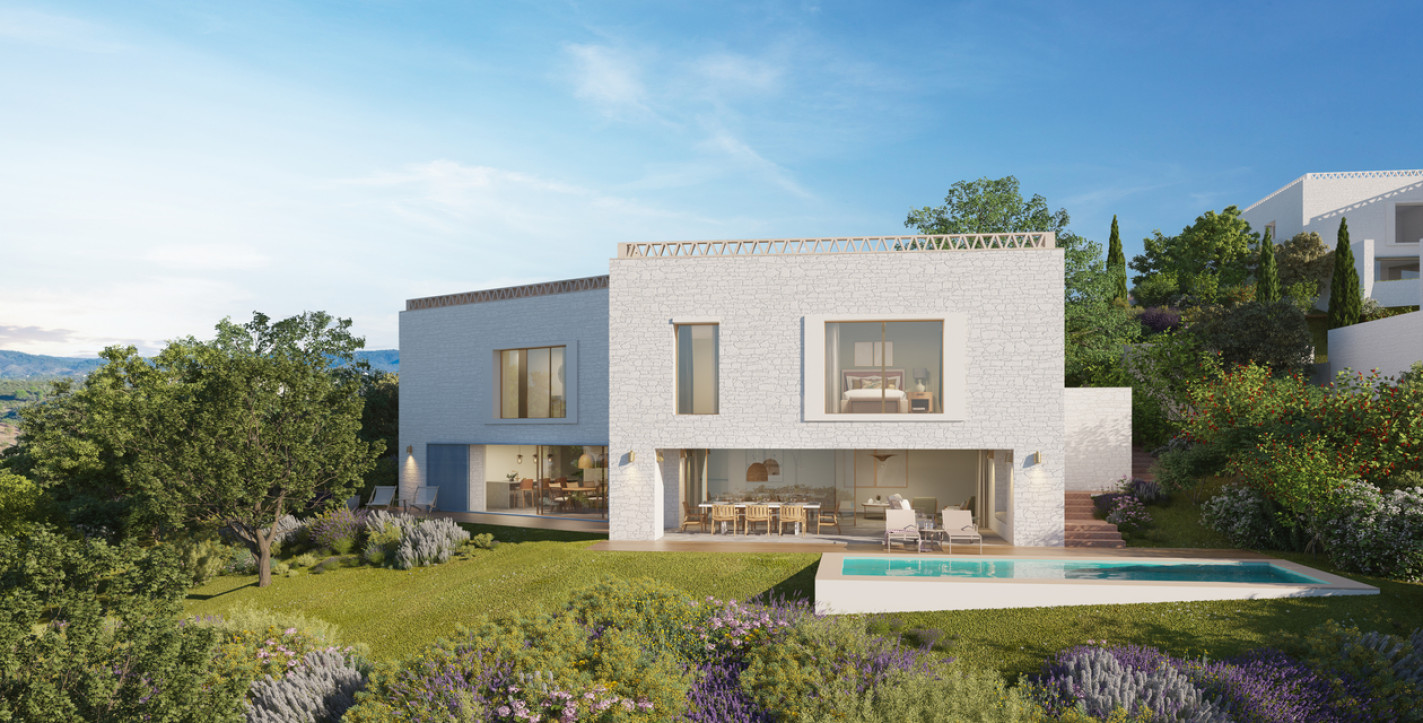
EUR 2,350,000
USD 2,500,950
GBP 2,100,500
Loulé, Portugal
Property Type: Villa
Bedrooms: 4
Total Area: 718m²



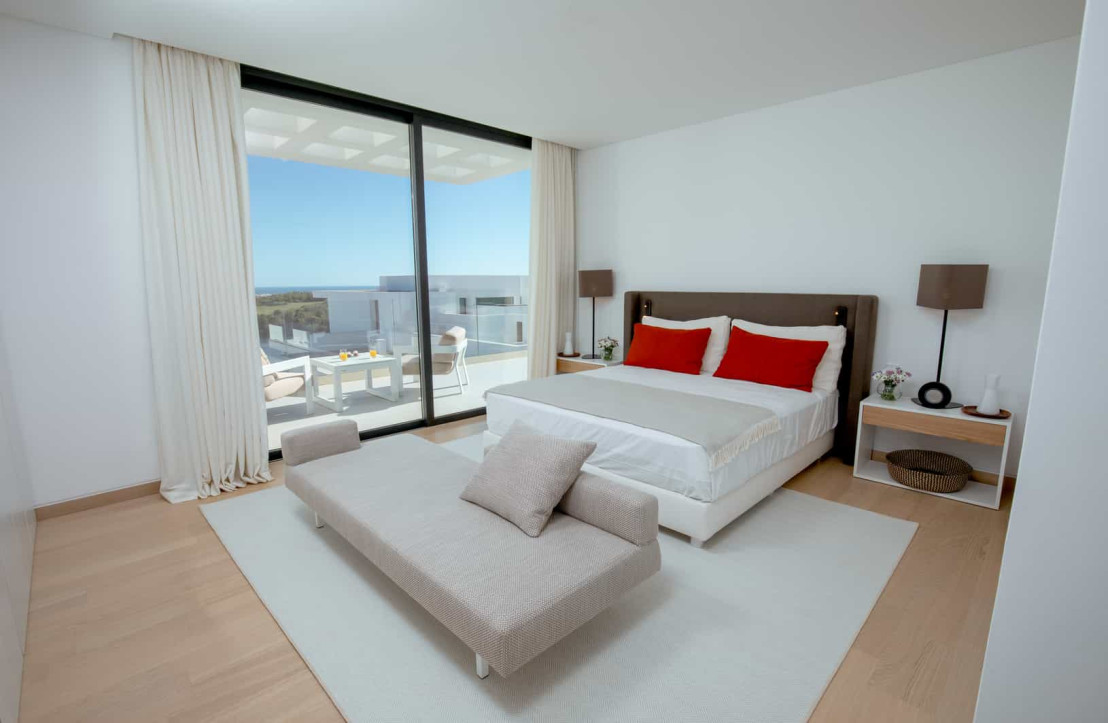







EUR 1,420,000
USD 1,400,999
GBP 1,300,600
Algarve, Portugal
Property Type: Serviced Apartment
Bedrooms: 3
Total Area: 232m²
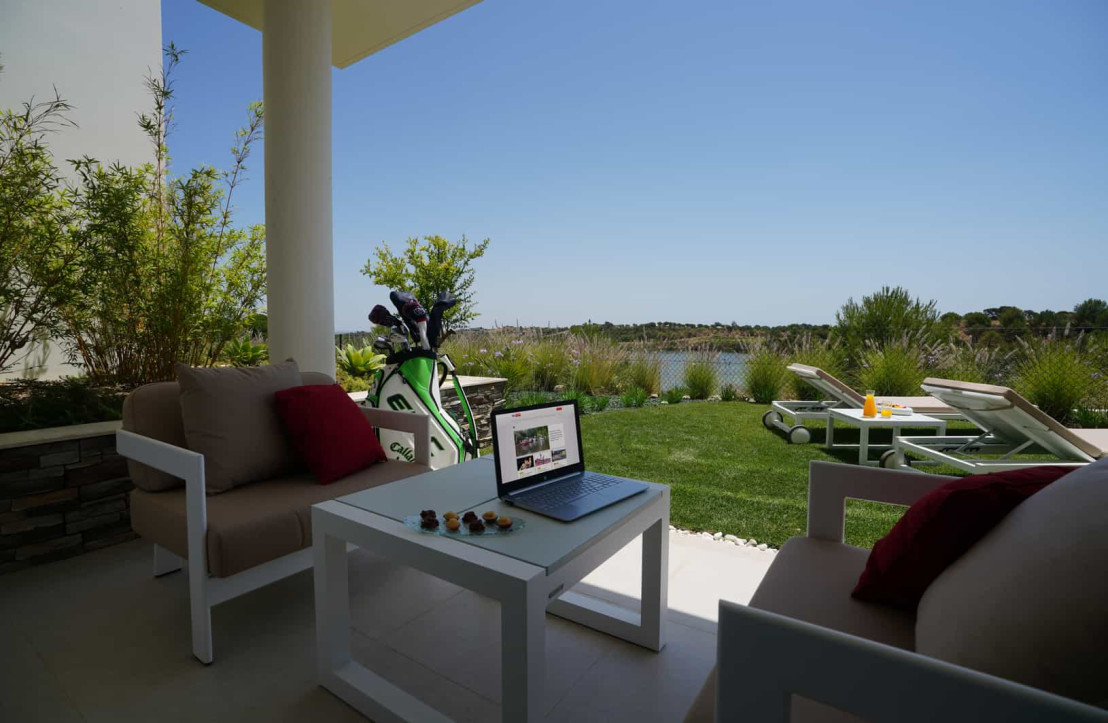


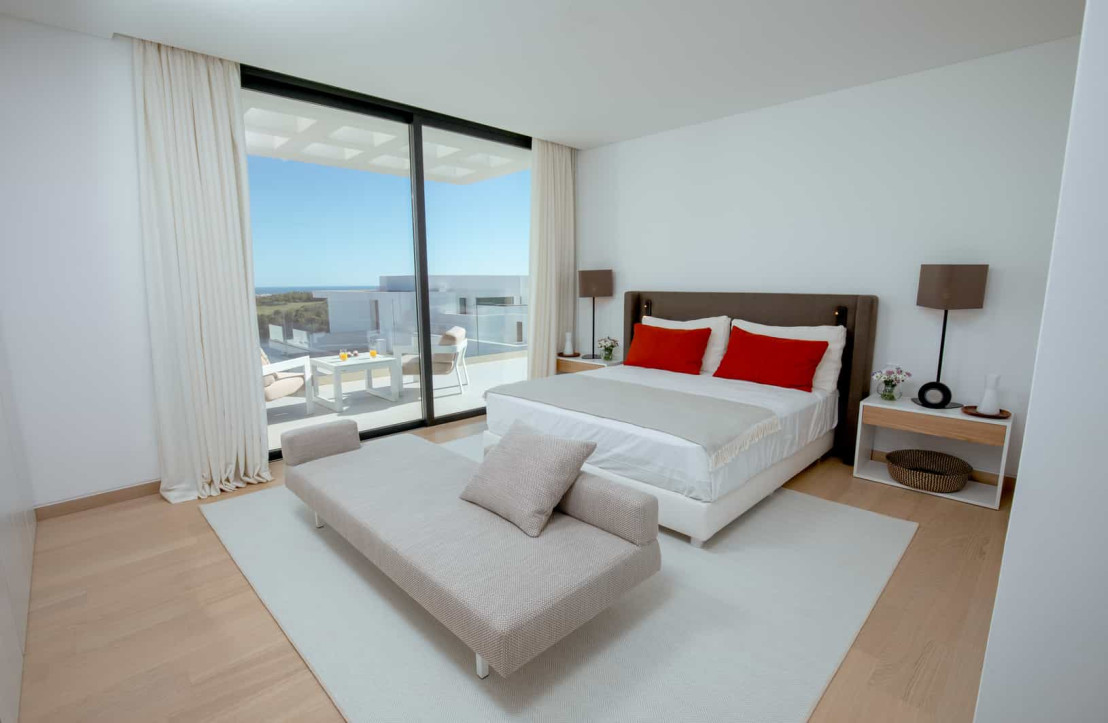







EUR 895,000
USD 880,000
GBP 785,000
Algarve, Portugal
Property Type: Serviced Apartment
Bedrooms: 2
Total Area: 195m²











EUR 886,100
USD 877,500
GBP 770,800
Loulé, Portugal
Property Type: Serviced Apartment
Bedrooms: 2
Total Area: 145m²
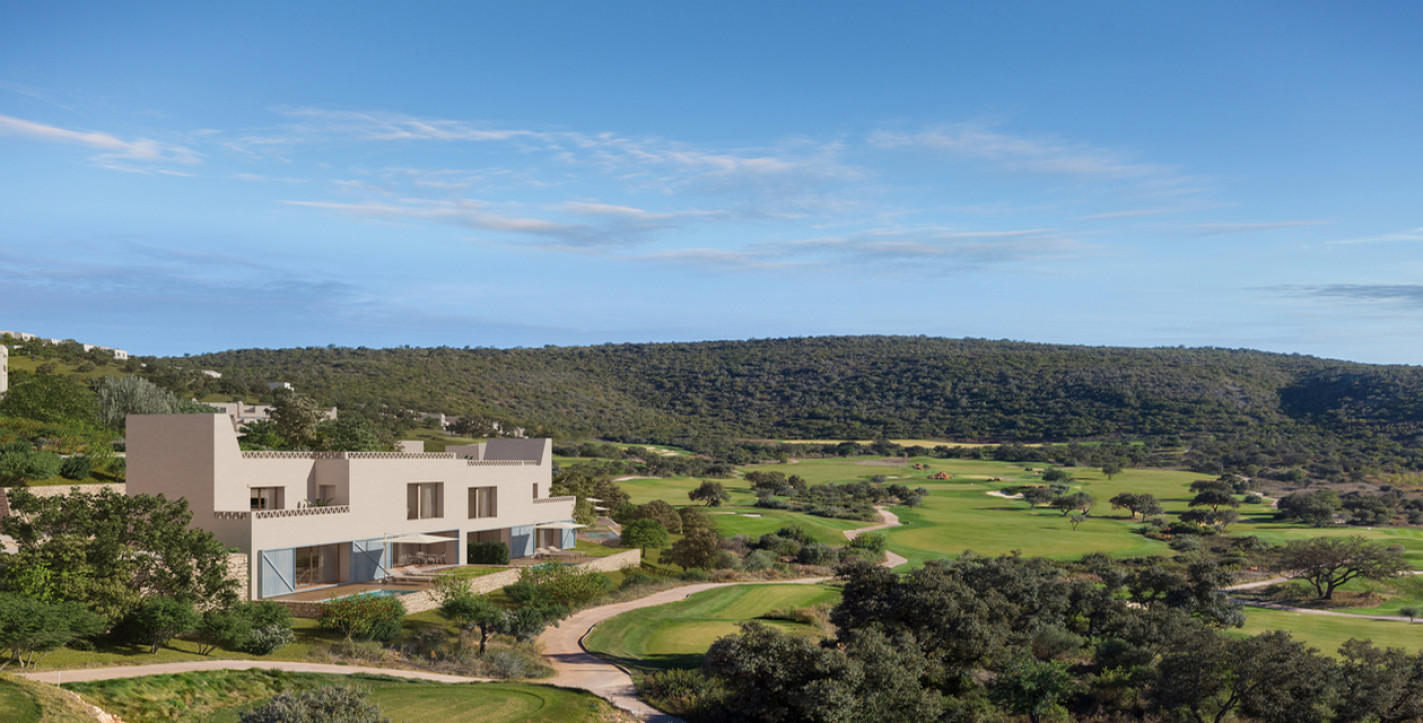
EUR 850,000
USD 875,000
GBP 745,000
Loulé, Portugal
Property Type: Villa
Bedrooms: 2
Total Area: 139m²











EUR 609,200
USD 599,999
GBP 530,900
Algarve, Portugal
Property Type: Serviced Apartment
Bedrooms: 1
Total Area: 106m²
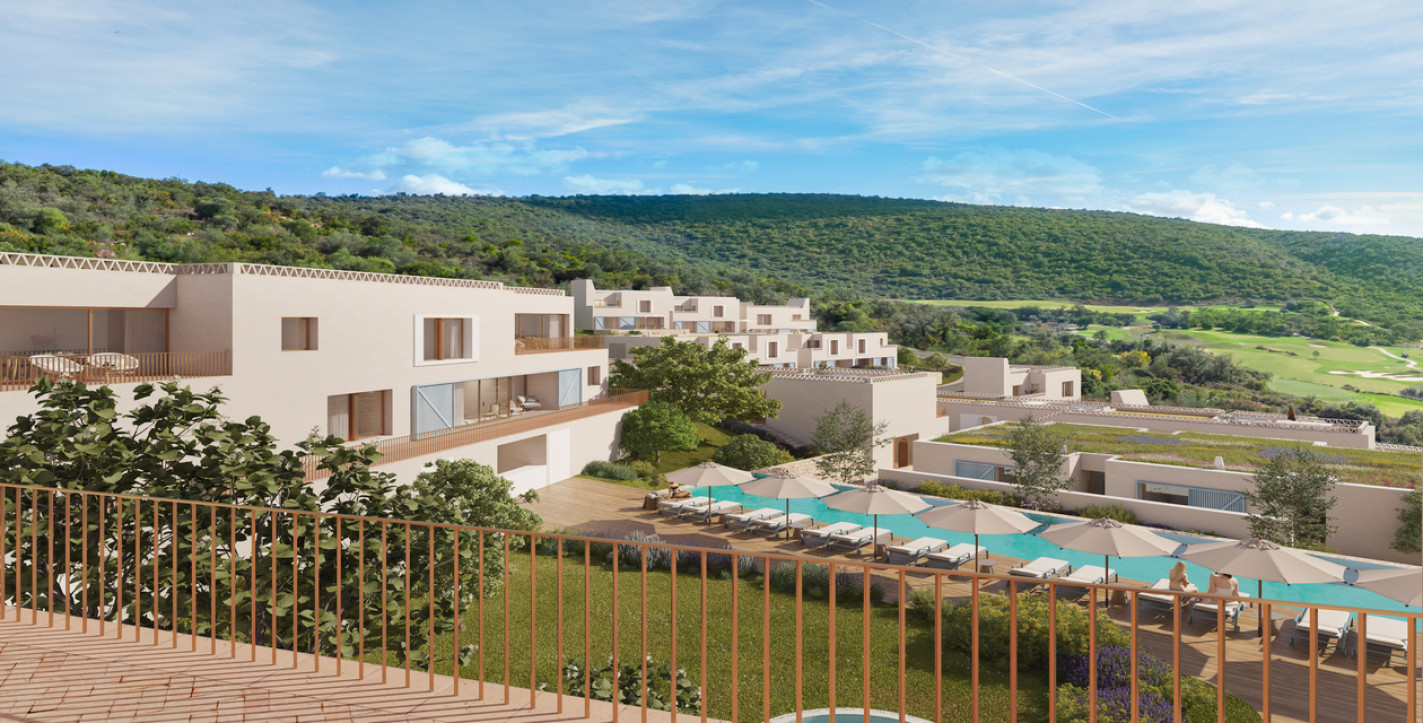
EUR 575,000
USD 579,500
GBP 505,500
Loulé, Portugal
Property Type: Serviced Apartment
Bedrooms: 1
Total Area: 79m²
No rental properties available
Portugal has long been a popular choice for expatriates. In general, the cost of living in Portugal is low in comparison to other European countries, and there are several advantages to purchasing real estate in the country. Portugal’s non-habitual resident tax regime provides excellent tax benefits including a set 20% tax on personal income over a 10-year period and no double tax charges on self-employment, employment, or pension income derived from abroad.
Recent legislation has determined that foreign retirees can live in Portugal and receive a tax-free pension income. The Portugal Golden Resident Permit Program allows foreign citizens to purchase a property in the country for a minimum value of EUR 500,000. The purchaser is eligible to apply for residence, and if the investment is maintained for a further five years, they can apply for Portuguese citizenship. The program has been a great success and has prompted an increase in the purchase of real estate in Portugal by foreign investors.
Buying a new property in Portugal can be expensive, but ultimately, the cost depends on the location and the age of a house. In some locations such as city centers or historic villages, the new property option may not be possible. Buying an existing house usually requires less paperwork both at a contract level and when requesting financing. In Portugal, a house can be occupied immediately after the deed has been signed and registered. This is an important factor for some, particularly if there is an urgent need to relocate or to generate profitability by offering a property in the holiday home rental market, for example.
There are no restrictions on foreign buyers purchasing a property in Portugal. The only pre-requisite for potential buyers is having a Portuguese tax number, which is needed at the time of purchase.
Immovable property in Portugal can be acquired locally or remotely (that is, it is not essential to be in the country at the time of acquisition). The real estate industry in Portugal exists as it does throughout Europe and has evolved towards a more interactive and online approach, such as through virtual tours, which is particularly beneficial to potential foreign buyers.
The applicant must have a Portuguese bank account as well as a Portuguese taxpayer number when purchasing a property. Assistance is provided in preparing all the necessary documentation for acquiring a taxpayer number and opening a bank account, and this can be done locally or remotely.
Anyone purchasing a property in Portugal will pay property transfer tax, stamp duty, notary fees, and registration fees (signing of the title and registration of the deed is done at the land registry). Stamp duty is fixed at a rate of 0.8%. Deed costs vary according to the purchase price. Registration costs are EUR 250 per property. Other property transfer taxes include rustic articles at 5% and commercial, services, or land tax at 6,5%.
Net yields range from 3% to 5% on residential property, 5% to 6% on commercial property, and 7% to 8% on industrial property.
Rental income is taxed at a flat rate of 28%. All expenses related to the property are deductible, such as insurance costs, levies, monthly costs, municipality tax, rental and property management fees, and any maintenance done on the property prior to or during the rental period.
An annual municipality tax (IMI) is imposed on all owned property in Portugal. This tax is based on a tax evaluation that is then applied at a rate of 0.3% to 0.4%. IMI is updated every three years by the tax office when revaluating each area of the country. Each municipality incurs a different rate, which is always between 0.3% and 0.4% (the highest rate is usually applied in municipalities that have historical value).
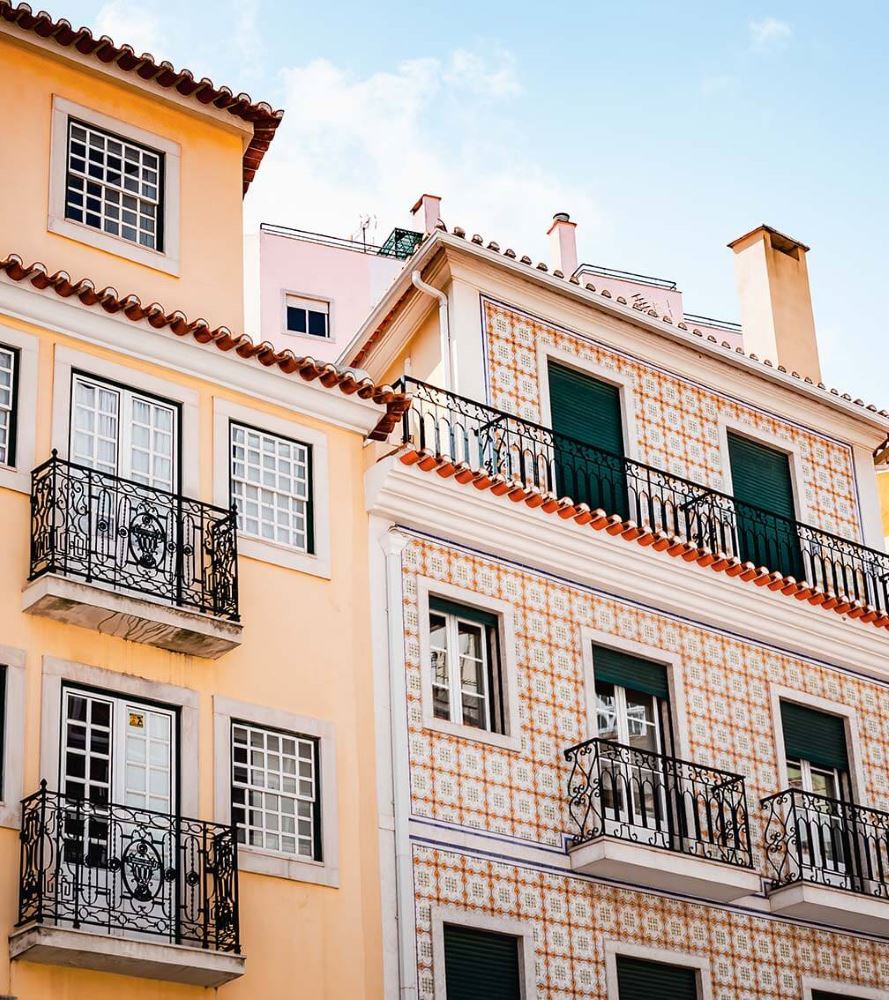
Henley & Partners assists international clients in obtaining residence and citizenship under the respective programs. Contact us to arrange an initial private consultation.

Have one of our qualified advisors contact you today.
We use cookies to give you the best possible experience. Click 'Accept all' to proceed as specified, or click 'Allow selection' to choose the types of cookies you will accept. For more information, please visit our Cookie Policy.